
Toronto’s green sector is strong and growing rapidly as economic decision-makers realize that protecting the environment is also good for creating jobs and local wealth. Toronto’s green sector employs more than 60,000 people.
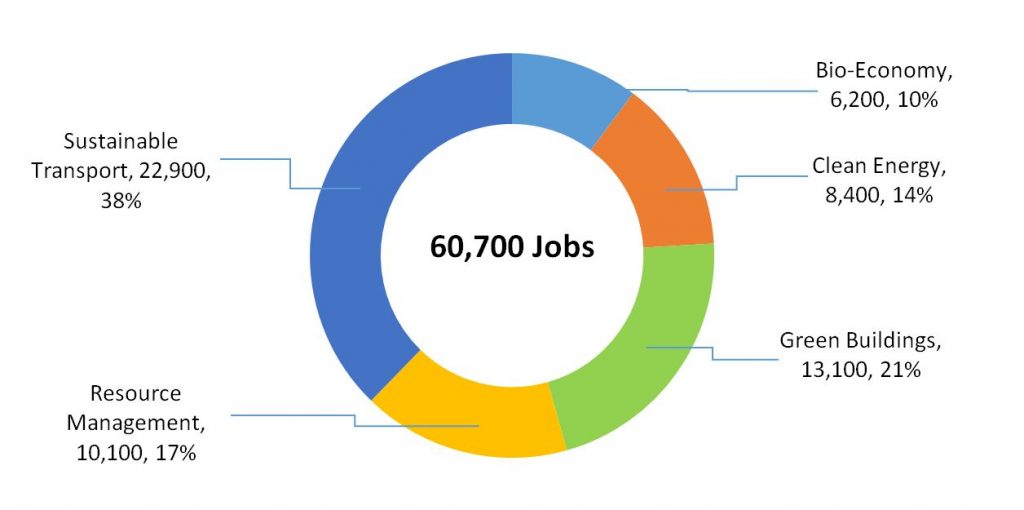
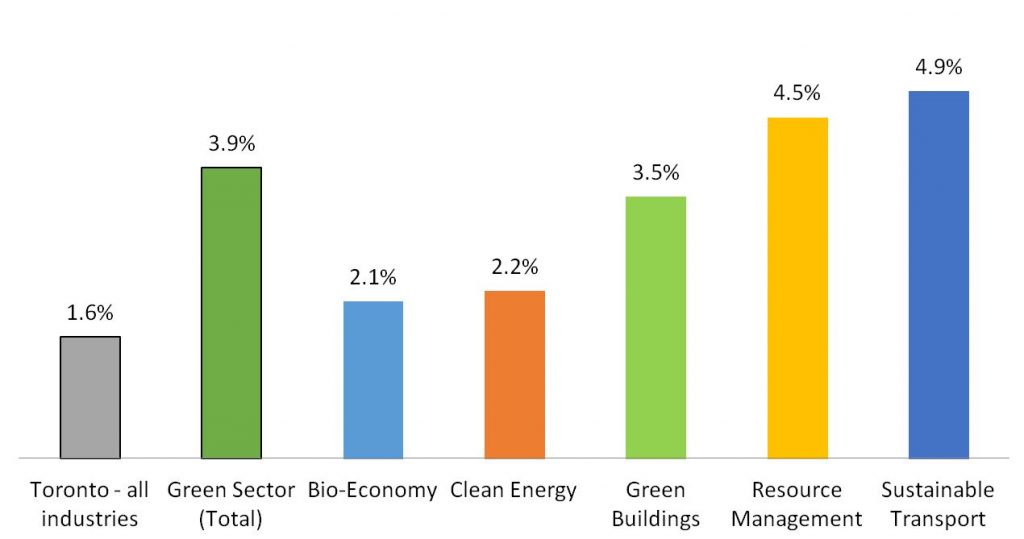
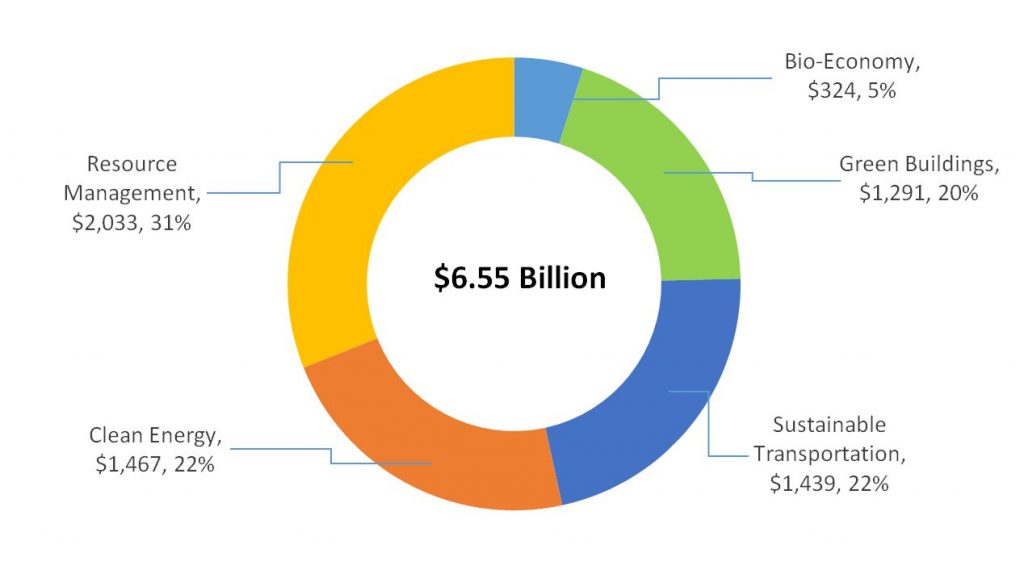
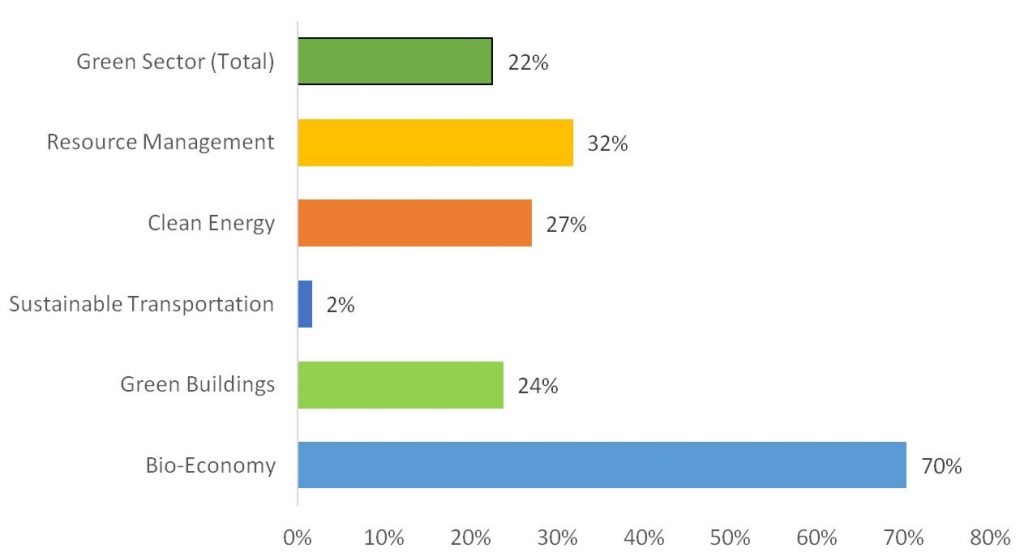
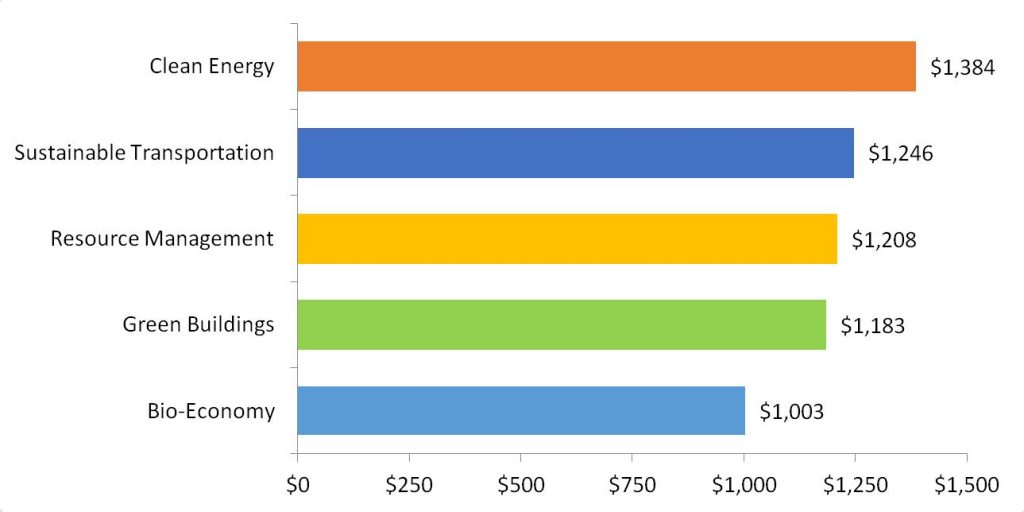
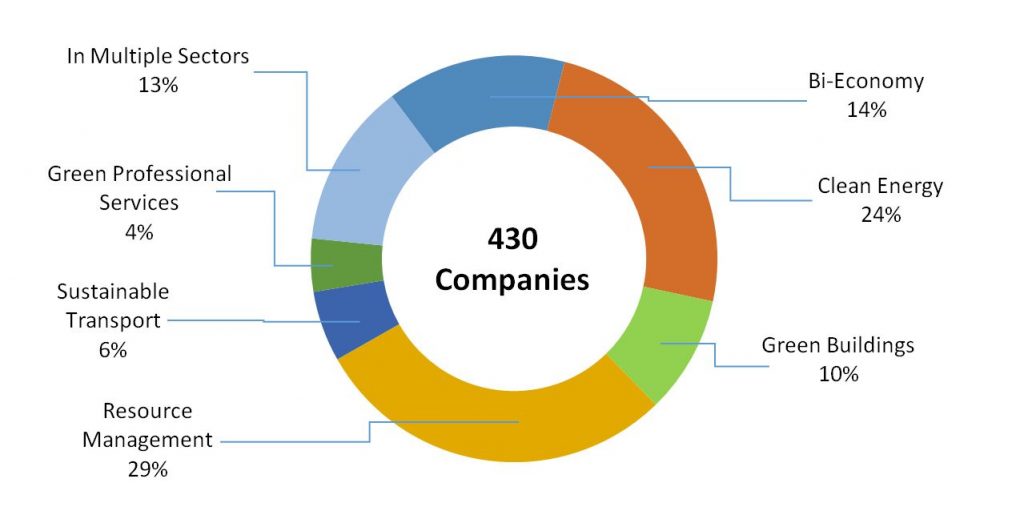
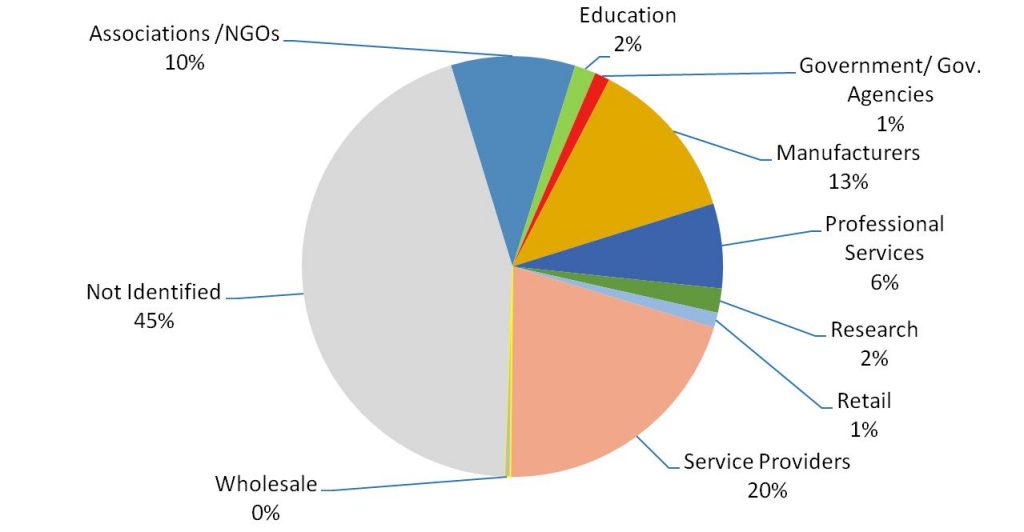
* Data Sources: Statistics Canada – 2006 and 2016 Census, 2011 National Household Survey, Labour Force Survey, Canadian Business Counts, Jobs, Wages and GDP by industry (NAICS) were calculated by City of Toronto Economic Development and Culture – Research Staff.** The number of companies listed here does not represent all companies in the green sectors in Toronto. Data source: City of Toronto Economic Development and Culture division database. Companies by sector were calculated by City of Toronto Sector Development Staff. The methodology used to identify clusters and their sizes is based on methodology used by the Institute for Competitiveness and Prosperity in its 2017 Cluster Study.
Love bikes and cycling culture? There are many roles to pursue within the biking industry, from floor tech or shop mechanic to store manager and local brand rep. Below are several bike repair training programs in Toronto:
[While not comprehensive, the above list provides a snapshot of Toronto’s diverse Green sector and some of the companies located here.]
Green Market Acceleration Program
The Green Market Acceleration Program (GMAP) provides local firms and foreign investors with an opportunity to collaborate with the City of Toronto in order to accelerate the development and commercialization of made-in-Toronto green technologies.
The Toronto Region Green Industries Directory* (September 2024 edition) lists organizations in the green sectors in the Greater Toronto Area.
Download the Industries Directory
Download the Directory Spreadsheet (Excel)
The Directory of Toronto Bicycle Industry* lists organizations in the Greater Toronto Area that make, sell and service bikes, e-bikes and other light personal vehicles. It also provides information on bike parking and how to learn to repair and maintain your bike.
Download the Toronto Bike Directory
Found an error or have a question? Please contact greentech@toronto.ca
To add your organization, or to update an existing listing in the directory, please fill out the online form.
*This directory is not to be considered a complete listing of all companies and organizations operating in the green sector in the vicinity of the city of Toronto. While every effort is made to maintain accuracy, the City does not guarantee that the information contained in the directory is always correct or accurate. The City does not warrant or make any representations as to the quality, content, accuracy or completeness of the information. The City makes no warranties, expressed or implied as to the fitness of the information for any purpose, or to results obtained by individuals using the information and is not responsible for any action taken in reliance on the information contained in the directory.
We define organizations that are in the green sector as those that have economic activities that reduce environmental impacts through:
Bio-Economy
Businesses and other organizations involved in the harvesting and preparation of biomass for use in non- industry-standard types of products or service offerings. While the forest industry is a sustainable sector, the use of wood for purposes such as housing construction and furniture is part of society’s norm and hence are not included here. Businesses involved in the production or sale of food and beverages and businesses engaged in the development and sale of pharmaceuticals or life sciences-related products are excluded. Examples: Urban sawmills, furniture made from urban wood, green chemistry (bio-plastics), bio-fuels.
Green Energy
Businesses and other organizations engaged in the manufacturing, distribution and/or servicing of renewable energy, energy storage, smart grid, or energy efficiency technologies and services. Examples: Solar, wind, geo-thermal, waste to energy, batteries, district energy, smart thermostats, LED lights.
Green Buildings
Businesses and other organizations engaged in building practices with materials and processes that are environmentally responsible and use significantly less energy or resources at all stages of a building’s life-cycle (siting, design, construction, operation, maintenance, renovation, and demolition). Businesses that install clean energy components to buildings, and businesses that install green roofs are included. Examples: Energy efficient windows, green roofs, builders.
Resource Management & Environmental Protection
Businesses and other organizations that focus on the sustainable use of natural resources, either through the management or development of natural resources, which ensures that the needs of the present are meet through environmentally responsible economic growth that does not compromise the ability of future generation to meet their own needs. Also included are businesses that focus on activities that are intended to prevent, reduce, or eliminate pollution or other forms of environmental degradation. This includes waste and water treatment, land remediation, recycling, products that are made from recycled goods. For Toronto – recycled wood is considered part of the Bio-Products sector. Examples: Water supply and sanitation, recycling, solid waste, soil remediation, pollution controls, environmental monitoring.
Sustainable Transportation
Businesses and other organizations involved in the manufacturing of products that provide transportation of people and products by modes that use less energy and resources than the standard and firms and organizations that provide those transportation services. This includes all transportation components such as electric vehicles, bikes, buses, trains, and public transit. It includes the full supply chain from manufacturing through to operation of public transport systems. Examples: Electric vehicles and charging stations, bikes, scooters, and public transportation.
Other Green Professional Services
Professions such as accountants, engineers, lawyers who provide support across a number of the green sector segments. Those professional services that focus in a green sector are listed under that sector segment.
Other
Organizations that proved support across a number of the green sector segments. This can include governments, academia, incubator services, NGOs. Those organizations that focus in a green sector are listed under that sector.
The Sector Development Office produces and maintains reports and publications on its key industry sectors.